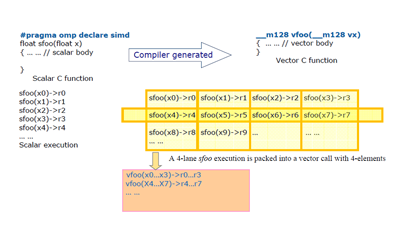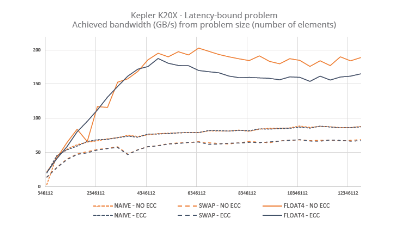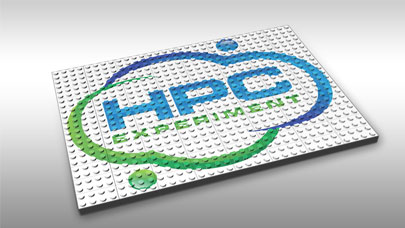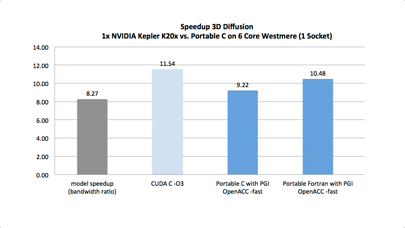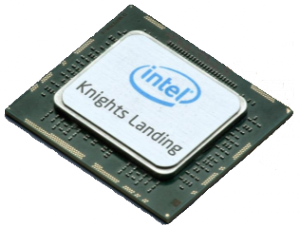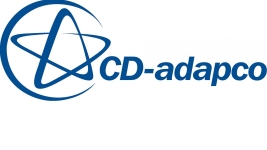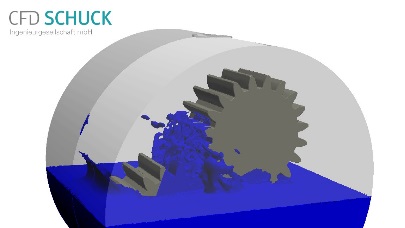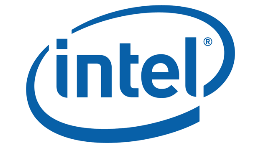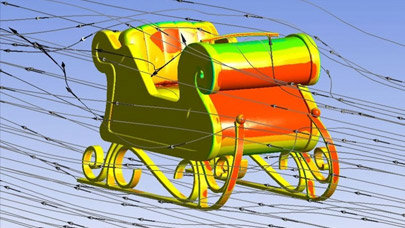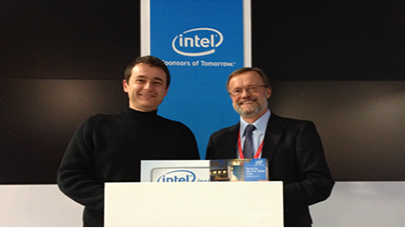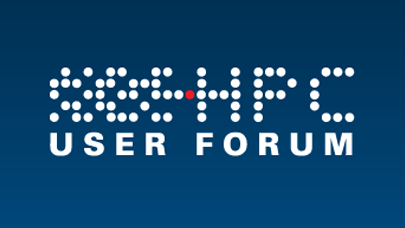It has been a long wait for the BeeGFS community, which is now finally over: The complete BeeGFS parallel file system is available as open source from www.beegfs.com.
The first official announcement to make the BeeGFS sources available was made at the International Supercomputing Conference 2013. This was in the context of the European exascale project DEEP-ER, where several new approaches to address extreme I/O requirements are being designed and implemented. For exascale systems, the different software and hardware layers have to work together very efficiently to achieve maximum scalability. Thus, making the sources of BeeGFS available is one logical step to enabling efficient integration of all layers of an exascale stack.
However, even nowadays, there are many members of the BeeGFS community that were waiting for the release of the source code. “While some of our users are just happy with the fact that BeeGFS is so easy to install and doesn’t require much attention, others really want to understand exactly what is happening under the hood to further optimize the runtime of their applications, improve their monitoring or port it to other platforms like BSD. Also, being able to build BeeGFS for non-x86 architectures like ARM and Power is another important aspect that the community has been waiting for.”, said Sven Breuner, CEO of ThinkParQ, the company behind BeeGFS.
The steady advances in ARM technology indeed make it a more and more interesting technology to look at for future procurements. Thus, the BeeGFS team is also participating in ExaNeSt, a new European exascale project, which is specifically focused on getting the ARM ecosystem ready for performance-critical workloads. “Although BeeGFS can already run out of the box on ARM systems today, this project will give us the opportunity to make sure that we can deliver the maximum performance on this architecture as well.”, adds Bernd Lietzow, BeeGFS head for ExaNeSt.
With a rather compact code base of about 25K lines of C++ code for the distributed metadata service and about 15K lines of C++ code for the distributed storage service, BeeGFS should be relatively easy to understand and extend, not only for senior programmers, but also for University students interested in file system research. On GitHub, there are already a number of projects listed related to BeeGFS, e.g. for browser-based monitoring or Docker integration.
For people interested in learning more about BeeGFS, there is a user meeting upcoming on May 18-19 in Kaiserslautern, Germany. The Early Bee deadline for registration ends on May 4.
Source: BeeGFS
© HPC Today 2024 - All rights reserved.
Thank you for reading HPC Today.

